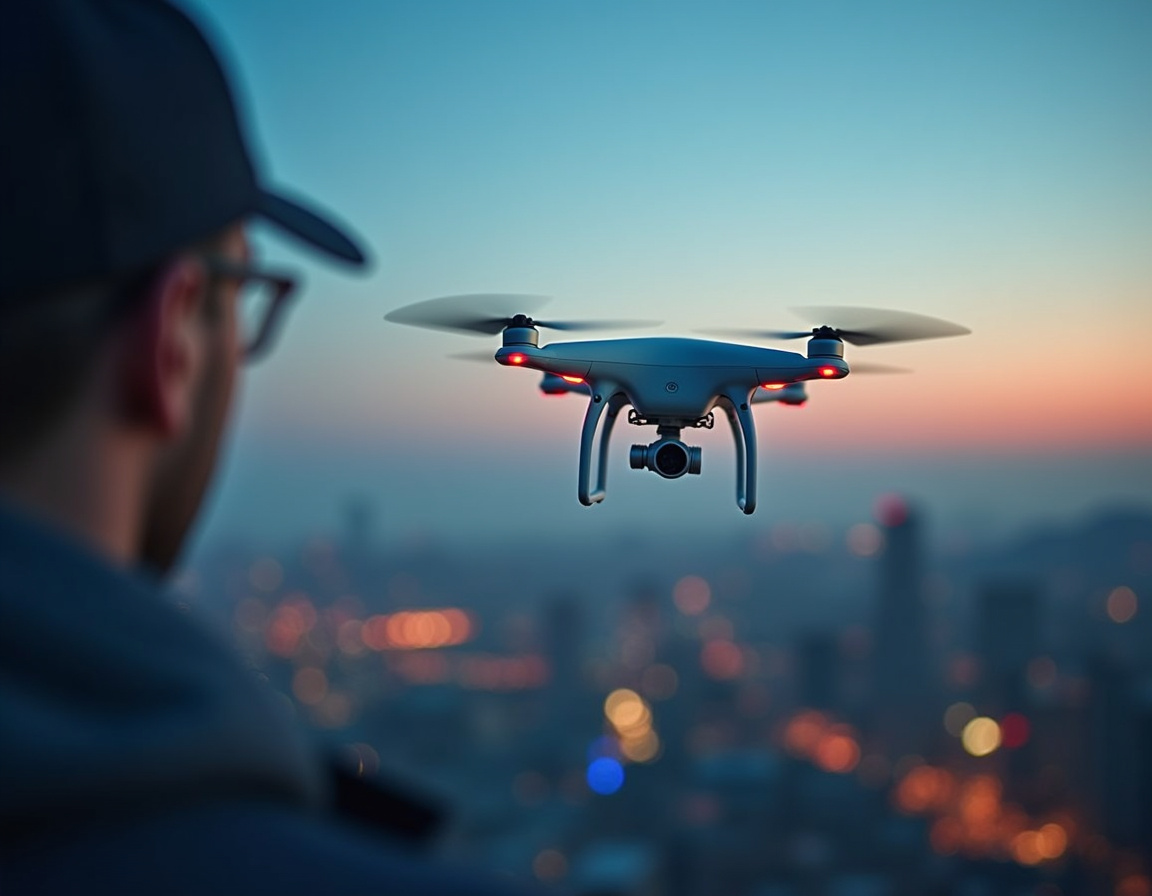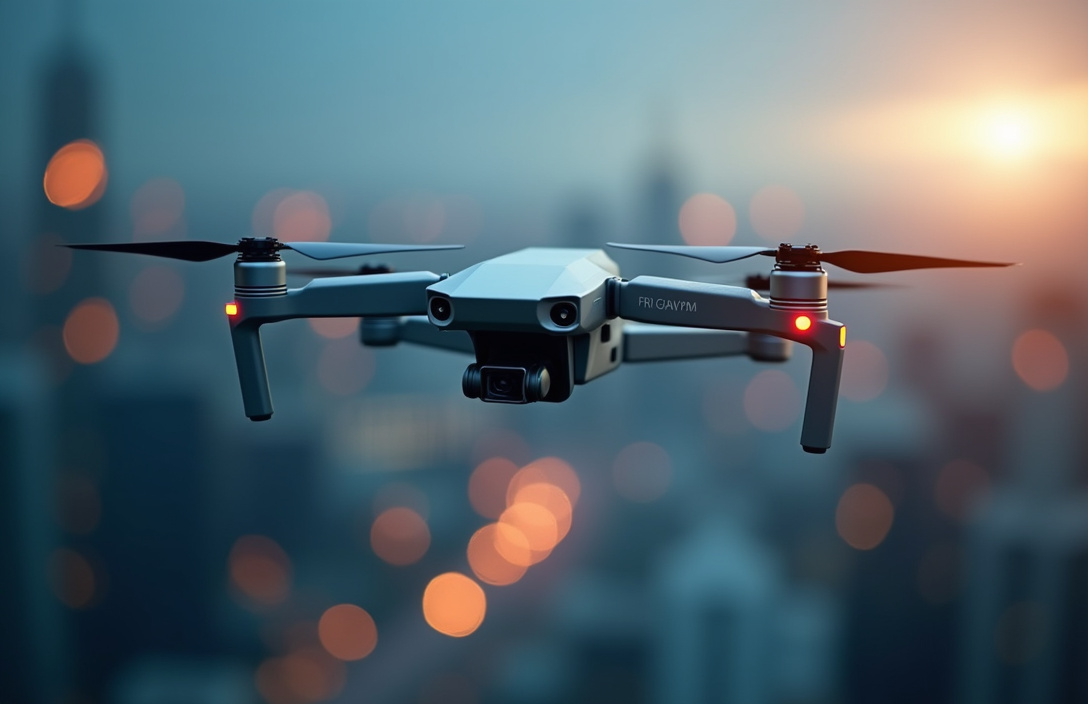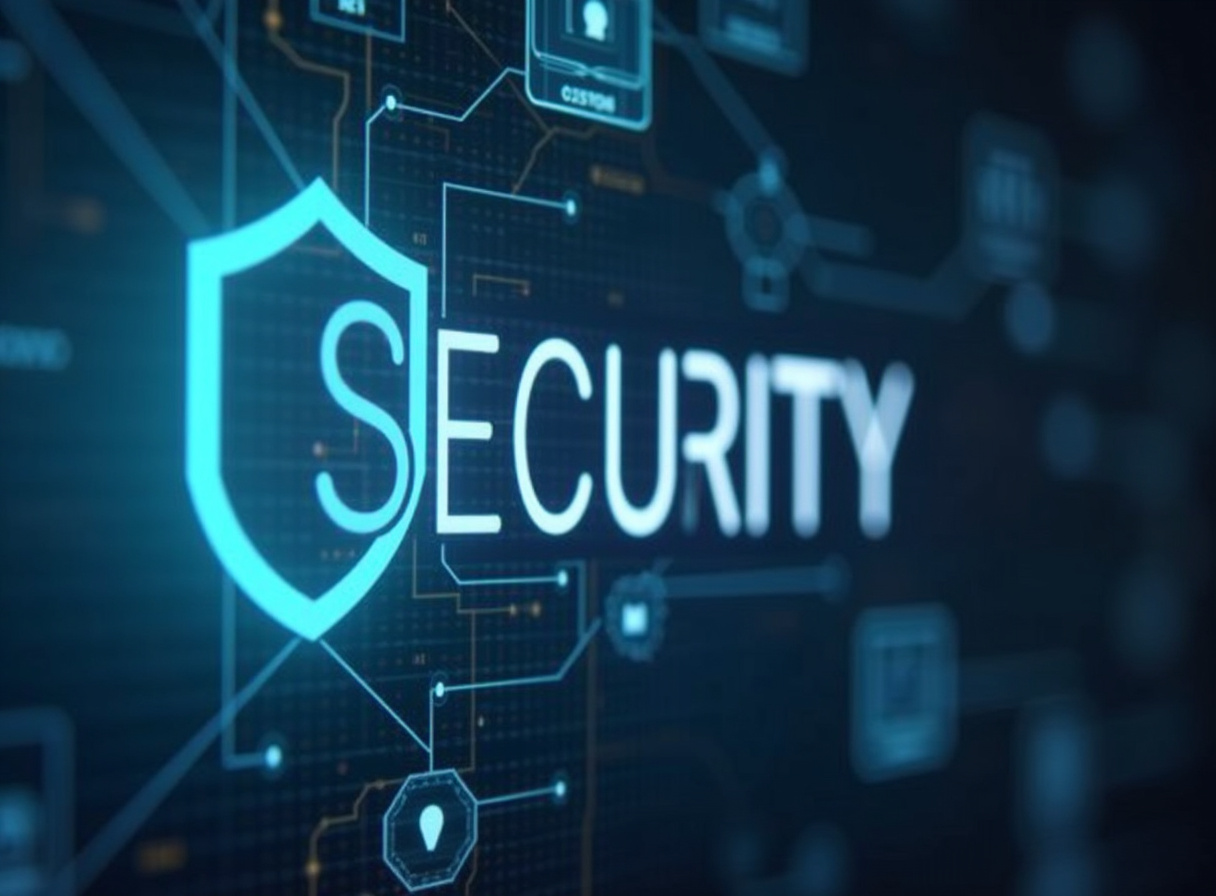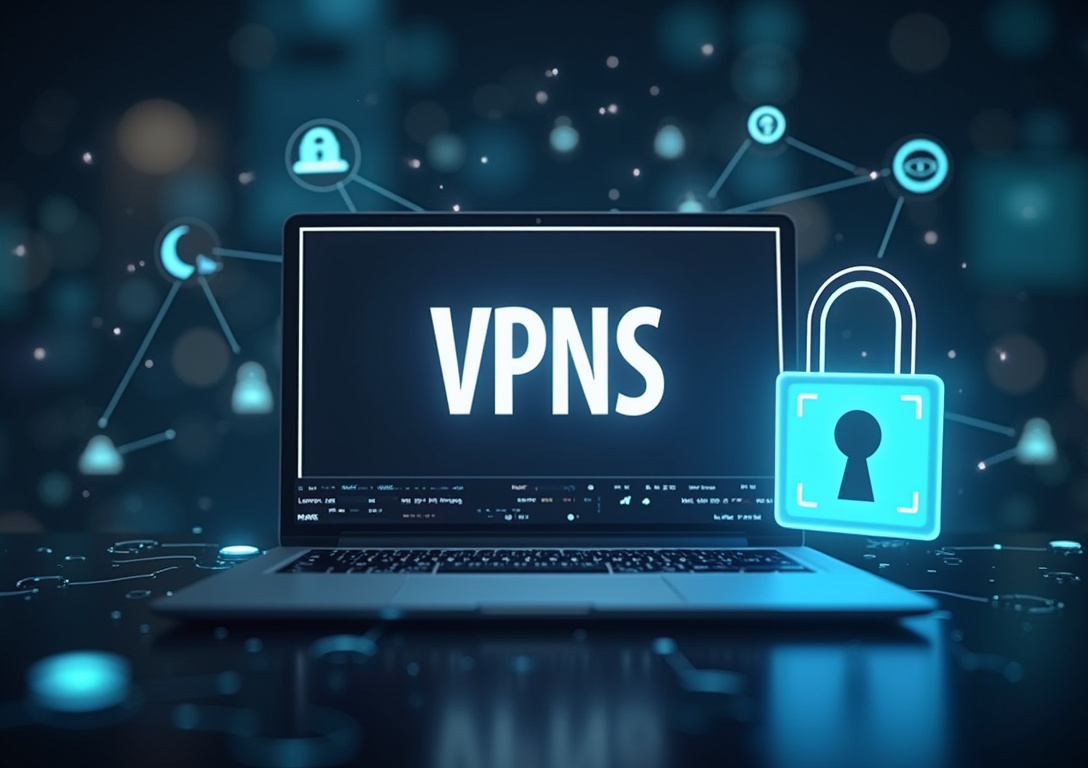VPNs for Drone Operators: Securing Flight Data Transmission
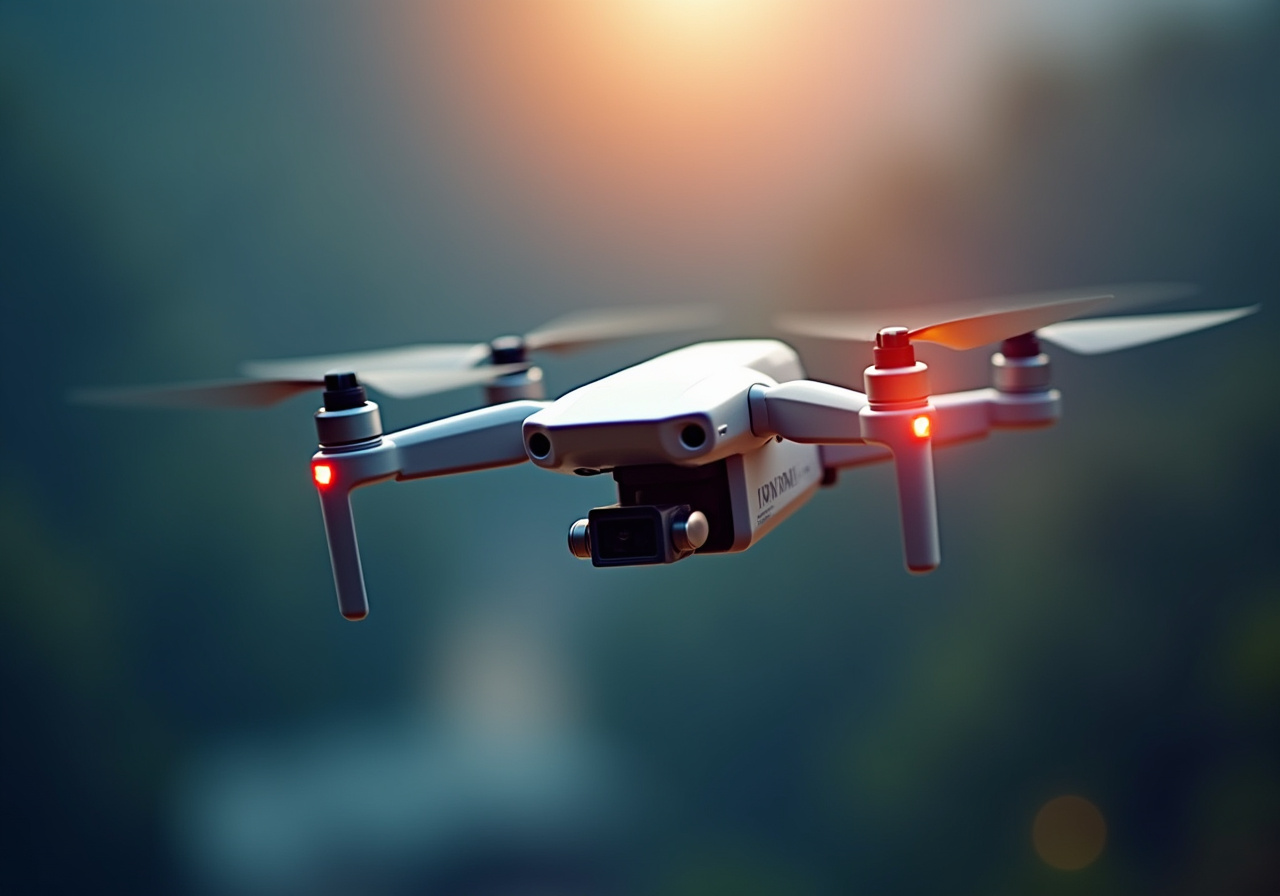
Table of Contents
VPNs for Drone Operators: Securing Flight Data Transmission
In the rapidly evolving landscape of drone technology, the importance of securing flight data transmission and bolstering operational security cannot be overstated. This article delves into the critical role that Virtual Private Networks (VPNs) play in safeguarding sensitive information and enhancing the overall security posture of drone operations. As drone applications expand into diverse sectors, from infrastructure inspection and agricultural monitoring to surveillance and package delivery, the volume of data transmitted and the potential vulnerabilities associated with that transmission have grown exponentially.
Drone operators are increasingly reliant on wireless communication for real-time control, data acquisition, and payload management, yet this reliance also creates entry points for malicious actors seeking to intercept sensitive information, disrupt operations, or even commandeer aerial vehicles. The stakes are high, and the consequences of a security breach can be devastating, ranging from financial losses and reputational damage to legal liabilities and compromised public safety. A Virtual Private Network (VPN) emerges as a critical tool in the drone operator's arsenal, offering a robust layer of protection for flight data and enhancing overall operational security.
The core function of a VPN is to create a secure, encrypted tunnel between the drone operator's devices and the internet, masking the operator's IP address and routing data through secure servers located in different geographical locations. This encryption process transforms decipherable information into an unreadable format, making it extremely difficult for unauthorized parties to intercept or decipher flight data during transmission. Even if a hacker were to gain access to the data stream, the complex encryption algorithms would render the information unintelligible without the proper decryption key.
Moreover, a VPN effectively conceals the drone operator's location, adding an additional layer of anonymity that shields them from potential surveillance or tracking. This is particularly crucial in sensitive operations where maintaining confidentiality is paramount. Protecting flight data is paramount for several reasons.
Drones often collect a wide range of sensitive data, including high-resolution images and video footage of private property, critical infrastructure and individuals, precise location coordinates that could reveal sensitive locations or routes, detailed sensor readings that might include environmental data or equipment performance metrics, and telemetry data that provides insights into the drone's operational parameters and flight patterns. This information could be highly valuable to competitors seeking to gain a competitive advantage, foreign intelligence agencies interested in gathering information about critical infrastructure or security protocols, or individuals with malicious intent who might exploit vulnerabilities to disrupt operations or cause harm. If intercepted, this data could be used for industrial espionage, unauthorized surveillance, or even to create vulnerabilities that could be exploited to compromise the drone or its operations, potentially leading to property damage, personal injury, or even loss of life.
Furthermore, compromising flight data security can lead to significant legal and financial repercussions. Many countries have strict regulations and privacy laws governing the collection, storage, and transmission of personal data, and drone operators are responsible for ensuring compliance with these regulations. A data breach resulting from inadequate security measures could result in hefty fines, lawsuits, and damage to the operator's reputation, potentially crippling their business and hindering their ability to obtain future contracts.
Implementing a VPN is not merely a technological upgrade; it's a fundamental shift towards proactive risk management in the drone operation ecosystem. It demonstrates a commitment to data privacy, confidentiality, and operational integrity, building trust among clients, stakeholders, and the general public. By prioritizing data security, drone operators can establish a reputation for responsible and ethical conduct, enhancing their credibility and fostering long-term relationships.
Considering the increasing sophistication of cyber threats and the expanding use of drones in sensitive applications, incorporating a VPN into the drone operator's workflow is a vital step in safeguarding flight data, shielding operational security, and ensuring the continued responsible use of this powerful technology. The initial investment in a VPN pales in comparison to the potential costs associated with a data breach or operational disruption, making it a prudent and necessary measure for any drone operator serious about protecting their assets and reputation. In essence, a VPN is not just an optional add-on; it is an essential component of a comprehensive security strategy for drone operations in the modern age.
The benefits of utilizing a VPN extend beyond basic data encryption and IP address masking. A well-configured VPN can significantly enhance the overall operational security posture of a drone operator, providing a multi-layered defense against a variety of cyber threats. One crucial aspect is preventing man-in-the-middle attacks.
These attacks occur when a malicious actor intercepts communication between two parties, often by creating a fraudulent Wi-Fi hotspot or exploiting vulnerabilities in network protocols. Imagine a scenario where a drone operator is using a public Wi-Fi network at a park or airport to control their drone. Without a VPN, drone operators are vulnerable to such attacks, potentially allowing attackers to gain access to control signals, intercept flight data, or even inject malicious commands into the drone's system, potentially causing it to crash, fly away, or be used for malicious purposes.
A VPN's end-to-end encryption prevents man-in-the-middle attacks by ensuring that all communication between the drone operator's device and the VPN server is secure and tamper-proof. Even if an attacker intercepts the traffic, they will be unable to decipher the encrypted data without the proper decryption key, rendering the attack ineffective. This is especially important when operating in areas with untrusted or public Wi-Fi networks.
Another key benefit is secure access to remote servers and data storage. Many drone operations rely on cloud-based platforms for data storage, processing, and analytics, allowing for efficient data management and collaboration. Without a VPN, accessing these cloud services over public networks can expose sensitive data to interception and unauthorized access.
A VPN creates a secure tunnel for accessing remote servers, ensuring that all data transmitted between the drone operator's device and the cloud platform is protected by robust encryption. This is particularly important for drone operators using cloud-based flight planning software, mapping applications, or data analytics tools, as these applications often handle highly sensitive data related to flight paths, target locations, and sensor readings. Furthermore, avoiding geo-restrictions and censorship is increasingly important for drone operators who operate in diverse geographical locations or who rely on real-time data updates from different sources.
In some regions, governments or other entities may impose restrictions on internet access, blocking certain websites or applications that provide critical information for drone operations. This can hinder drone operations that rely on real-time data updates, weather information, or communication with remote stakeholders, potentially jeopardizing the safety and success of the mission. A VPN allows drone operators to bypass these geo-restrictions by routing their traffic through servers located in different countries, giving them access to the information and services they need to conduct their operations effectively.
This is particularly useful for drone operators working in areas with limited internet access or strict censorship policies, enabling them to overcome these limitations and maintain operational efficiency. VPNs also play a vital role in protecting against Distributed Denial of Service (DDoS) attacks, which can disrupt drone operations by overwhelming the operator's systems with malicious traffic. These attacks involve flooding a target server with a massive amount of traffic, overwhelming its resources and making it unavailable to legitimate users.
Drone operators can be targeted by DDoS attacks, particularly if they are operating in contested areas or if their operations involve sensitive data that makes them a target for cybercriminals or activist groups. A VPN can help mitigate the impact of DDoS attacks by masking the drone operator's IP address and distributing traffic across multiple VPN servers, making it more difficult for attackers to target the operator's systems directly. Additionally, a good VPN provider will have DDoS mitigation measures in place to protect its servers from being overwhelmed by malicious traffic, ensuring that the VPN service remains available even during a DDoS attack.
This added layer of protection can safeguard drone operations from costly downtime and potential data breaches resulting from a successful DDoS attack.
Choosing the right VPN for drone operations requires careful consideration of several factors to ensure optimal performance, security, and reliability. Not all VPNs are created equal, and some may be better suited for the specific needs of drone operators than others. The selection process should not be taken lightly, as a poorly chosen VPN can provide a false sense of security while still leaving the operator vulnerable to various threats.
A comprehensive evaluation of different VPN providers is essential to identify the one that best aligns with the specific operational requirements of the drone operation. First, encryption strength is paramount. The VPN should utilize strong encryption protocols, such as AES-256, to protect flight data from interception.
AES-256 is widely considered to be one of the most secure encryption algorithms available and is used by governments and security agencies around the world to protect highly sensitive information. It is a symmetric encryption algorithm that uses a 256-bit key to encrypt and decrypt data, making it extremely difficult for unauthorized parties to break the encryption. Avoid VPNs that use weaker encryption protocols, such as PPTP or L2TP/IPsec, as these protocols may be vulnerable to known exploits and are not considered secure enough for protecting sensitive flight data.
PPTP, for example, has known vulnerabilities that make it susceptible to eavesdropping, while L2TP/IPsec can be complex to configure properly, potentially leading to security gaps. Next, look for a strict no-logs policy. A reputable VPN provider should have a clearly defined and strictly enforced no-logs policy, which means that they do not collect or store any information about the user's online activity, including browsing history, IP addresses, connection timestamps, or data transfer volume.
This is crucial for protecting the drone operator's privacy and ensuring that their activities cannot be tracked or traced back to them. Before subscribing to a VPN service, carefully review their privacy policy to understand what data they collect and how they use it. Avoid VPN providers that log user data, as this information could be subpoenaed by law enforcement or leaked in a data breach, compromising the operator's privacy and security.
Server location and speed are also critical factors to consider. Choose a VPN provider with a wide network of servers located in various geographical locations. This allows you to connect to servers that are close to your actual location, minimizing latency and improving connection speed.
A large server network also provides more options for bypassing geo-restrictions and accessing content that may be blocked in your region. Furthermore, consider the speed and stability of the VPN connection. A slow or unreliable VPN can significantly impact the performance of drone operations, especially when streaming real-time video or transmitting large data files.
Look for VPN providers that offer fast and stable connections, and test their performance before committing to a long-term subscription. Consider also the VPN's compatibility with different devices and operating systems. Ensure that the VPN provider offers apps for all the devices you use for drone operations, including laptops, smartphones, and tablets.
The VPN app should be easy to use and compatible with your operating system (e.g., Windows, macOS, Android, iOS). Also, check if the VPN provider supports simultaneous connections, which allows you to connect multiple devices to the VPN at the same time. This can be useful if you need to protect multiple devices during drone operations.
Finally, evaluate the VPN provider's customer support. Choose a VPN provider that offers reliable and responsive customer support, in case you encounter any issues or have questions about their service. Look for providers that offer multiple channels of support, such as email, live chat, and phone support.
Also, check their website for FAQs and tutorials that can help you troubleshoot common problems. A VPN provider with excellent customer support can provide valuable assistance and ensure that you can quickly resolve any issues that may arise during drone operations.
Enhancing Security and Privacy for Online Platforms with VPNs
Beyond the core functionalities, operational security for drone operators using VPNs necessitates a deeper understanding of implementation best practices. It's not enough to simply subscribe to a VPN service; proper configuration and usage habits are crucial to maximizing its protective capabilities. First, consider the "kill switch" feature.
This is a vital safeguard that automatically disconnects your internet connection if the VPN connection drops unexpectedly. This prevents your real IP address and unencrypted data from being exposed in the event of a VPN failure, which can occur due to network instability or server issues. Ensure that the kill switch is enabled in your VPN settings and test it regularly to verify that it is functioning correctly.
Treat the kill switch as a non-negotiable requirement for any VPN used in sensitive drone operations. Secondly, regularly update your VPN software. VPN providers frequently release updates to their software that include security patches, performance improvements, and new features.
These updates are essential for protecting against emerging threats and ensuring that your VPN is functioning optimally. Enable automatic updates in your VPN settings, or check for updates manually on a regular basis. Neglecting to update your VPN software can leave you vulnerable to known exploits and compromise your operational security.
Next, be cautious when using public Wi-Fi, even with a VPN. While a VPN provides a secure tunnel for your internet traffic, public Wi-Fi networks can still pose a threat to your security. These networks may be unencrypted or monitored by malicious actors, who could attempt to intercept your data or install malware on your device.
Avoid accessing sensitive information or conducting critical drone operations while connected to public Wi-Fi. If you must use public Wi-Fi, ensure that your VPN is enabled and use a strong password. Furthermore, consider enabling two-factor authentication (2FA) for all your online accounts.
2FA adds an extra layer of security to your accounts by requiring you to enter a unique code from your smartphone or other device, in addition to your password. This makes it much more difficult for hackers to gain access to your accounts, even if they have stolen your password. Enable 2FA for your VPN account, as well as for other online accounts that you use for drone operations, such as email, cloud storage, and flight planning software.
Also, be wary of phishing scams and social engineering attacks. Cybercriminals often use phishing emails and social engineering tactics to trick users into revealing sensitive information, such as passwords, credit card numbers, or VPN credentials. Be cautious of any unsolicited emails or messages that ask you to provide personal information, and never click on links or download attachments from unknown sources.
Verify the sender's identity before responding to any suspicious emails or messages. In addition to technical measures, consider the physical security of your devices. Protect your laptops, smartphones, and tablets from theft or unauthorized access.
Use strong passwords or biometric authentication to secure your devices, and never leave them unattended in public places. Also, be mindful of your surroundings when operating your drone. Avoid flying your drone in areas where you may be easily observed or overheard, and be discreet when discussing sensitive information related to your operations.
Finally, stay informed about the latest security threats and best practices. The cyber landscape is constantly evolving, and new threats are emerging all the time. Stay up-to-date on the latest security news and best practices by reading security blogs, attending security conferences, and following security experts on social media.
By staying informed, you can proactively identify and mitigate potential risks to your drone operations.
Securing Data Transmission and Ensuring Flight Logistics
In conclusion, the integration of a robust VPN solution is no longer a luxury, but a fundamental necessity for drone operators seeking to secure flight data transmission and maintain a strong operational security posture. The ever-increasing sophistication of cyber threats, coupled with the sensitive nature of data collected and transmitted by drones, demands a proactive and comprehensive approach to security. This article has highlighted the numerous benefits of using a VPN, including data encryption, IP address masking, prevention of man-in-the-middle attacks, secure access to remote servers, circumvention of geo-restrictions, and mitigation of DDoS attacks.
However, simply subscribing to a VPN service is not enough. Drone operators must carefully select a VPN provider that offers strong encryption, a strict no-logs policy, a wide network of servers, fast and reliable connections, compatibility with their devices, and responsive customer support. Furthermore, they must implement best practices for VPN configuration and usage, such as enabling the kill switch feature, regularly updating their VPN software, being cautious when using public Wi-Fi, enabling two-factor authentication, being wary of phishing scams, protecting the physical security of their devices, and staying informed about the latest security threats.
Looking ahead, the role of VPNs in drone operations is likely to become even more critical as drone technology continues to evolve and new applications emerge. The increasing use of autonomous drones, the integration of artificial intelligence, and the expansion of drone operations into sensitive environments will all increase the need for robust security measures. As drone operations become more complex and interconnected, the potential attack surface will also expand, making it even more important to protect against cyber threats.
In the future, we may see the development of specialized VPN solutions tailored specifically for drone operators, offering features such as geo-fencing, intrusion detection, and real-time threat intelligence. These advanced VPN solutions will provide even greater security and control over drone operations, enabling operators to confidently deploy their drones in a wide range of environments. Moreover, as regulations governing drone operations become more stringent, the use of VPNs may become a mandatory requirement for certain types of missions.
Regulatory bodies may require drone operators to demonstrate that they have implemented adequate security measures to protect flight data and prevent unauthorized access to their drones. The use of a VPN can help drone operators comply with these regulations and demonstrate their commitment to data privacy and security. Ultimately, the future of drone operations depends on the ability to maintain trust and confidence in the security and reliability of the technology.
By embracing VPNs and other security best practices, drone operators can safeguard their data, protect their operations, and ensure the continued responsible use of drones for a wide range of beneficial purposes. The investment in a comprehensive security strategy, including a robust VPN solution, is an investment in the long-term success and sustainability of the drone industry. Ignoring the importance of security is not only a risk to individual drone operators but also a threat to the overall growth and acceptance of drone technology.
Therefore, prioritizing security should be a paramount concern for all stakeholders in the drone ecosystem, including manufacturers, operators, regulators, and researchers. Only through a collective commitment to security can we unlock the full potential of drones and ensure that they are used safely and responsibly for the betterment of society.
Stay Updated
Get the latest VPN news, tips, and exclusive deals to your inbox.
